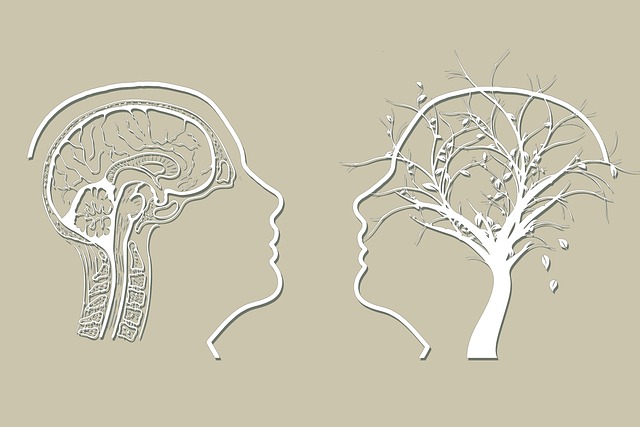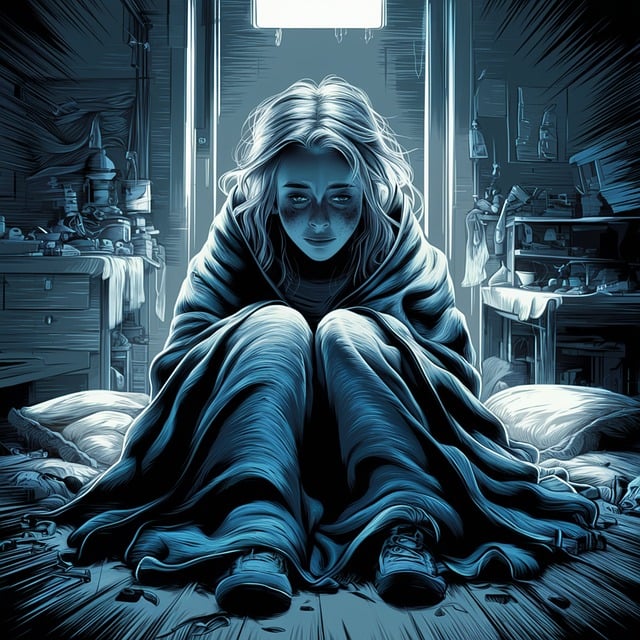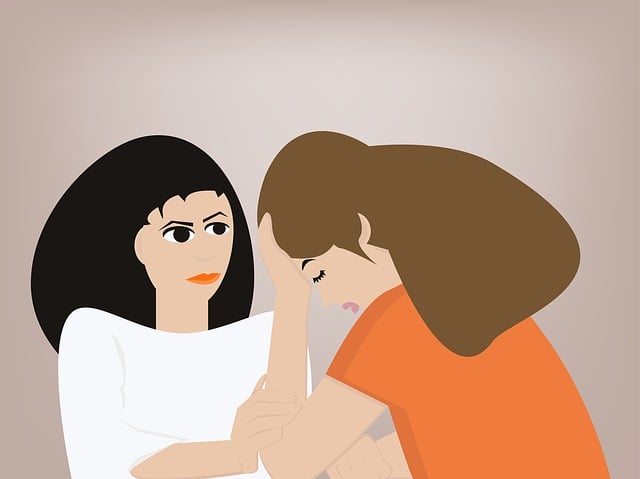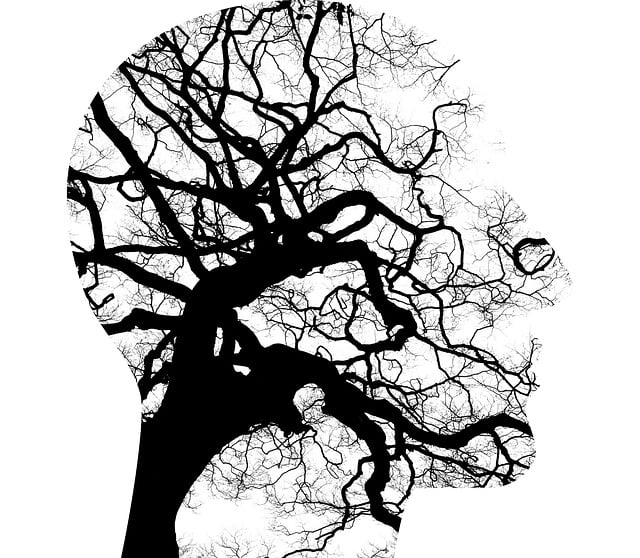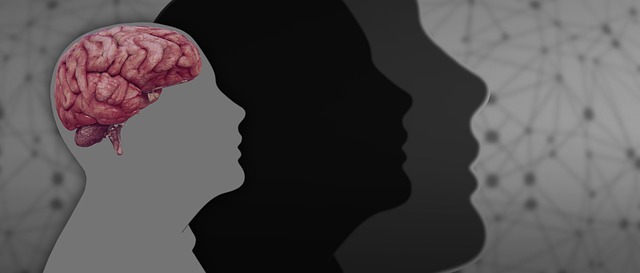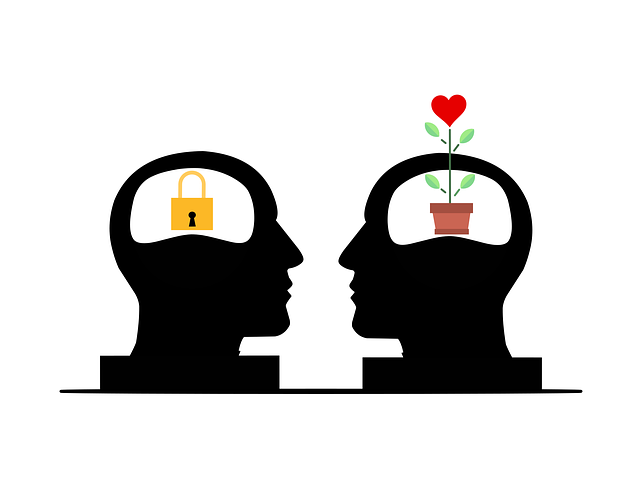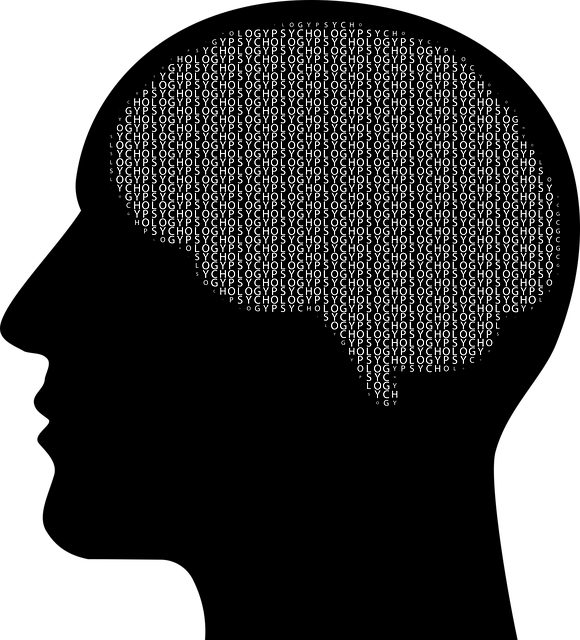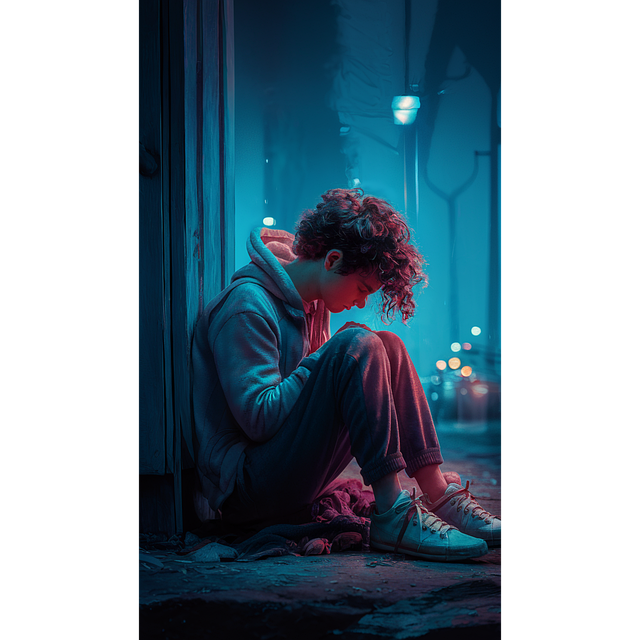Mental wellness apps, especially designed for Littleton Obsessive Compulsive Disorder (OCD) therapy, have transformed traditional treatment methods by offering accessible, personalized care from the comfort of home. Leveraging digital therapeutics, these apps integrate evidence-based techniques like Cognitive Behavioral Therapy (CBT) and Exposure and Response Prevention (ERP), enhancing self-care routines and mental resilience through interactive exercises and journaling. While ethical considerations regarding user data protection and app limitations exist, future prospects include real-time AI support and collaboration with healthcare professionals to expand their effectiveness across diverse populations.
In today’s digital age, mental wellness apps are gaining prominence as valuable tools for managing conditions like obsessive-compulsive disorder (OCD). This article explores the development of such apps, focusing on OCD therapy. We delve into the growing significance of digital therapeutics, offering insights into designing effective mobile applications tailored to this specific challenge. Furthermore, ethical considerations and future trends in the field are discussed, highlighting the potential impact on access to Littleton Obsessive Compulsive Disorder (OCD) therapy worldwide.
- Understanding Mental Health Challenges: OCD in Focus
- The Role of Digital Therapeutics in Treatment
- Designing an Effective Mobile App for OCD Therapy
- Ethical Considerations and Future Directions
Understanding Mental Health Challenges: OCD in Focus

Understanding Mental Health Challenges: OCD in Focus
In today’s digital age, mental wellness apps have become a crucial tool for managing and mitigating various mental health conditions, including Anxiety Relief and Littleton Obsessive Compulsive Disorder (OCD) Therapy. OCD is a common yet often misunderstood mental health challenge that significantly impacts daily life. The app development space offers promising solutions through personalized therapy sessions, Self-Care Practices, and Mental Wellness Coaching Programs tailored to the unique needs of individuals dealing with OCD.
These innovative tools provide accessible support, enabling users to receive timely interventions from the comfort of their homes. By integrating evidence-based therapies into user-friendly interfaces, mental wellness apps revolutionize traditional treatment methods. This shift not only enhances accessibility but also encourages individuals to take proactive steps towards managing their mental health effectively.
The Role of Digital Therapeutics in Treatment

Digital therapeutics have emerged as a powerful tool in the realm of mental wellness app development, offering innovative solutions for various conditions, including Littleton Obsessive Compulsive Disorder (OCD) therapy. These therapeutic interventions utilize evidence-based techniques delivered through digital platforms to support and enhance traditional treatment methods. By leveraging technology, apps focused on OCD can provide personalized and accessible care, catering to the unique needs of each individual.
The integration of digital therapeutics into self-care routine development for better mental health is particularly notable. Apps designed for burnout prevention strategies among healthcare providers also tap into this potential. Through interactive exercises, guided meditations, and cognitive behavioral therapy (CBT) techniques, these applications promote self-esteem improvement and overall mental resilience. This shift towards digital solutions not only expands access to care but also offers engaging and effective ways to support users in their pursuit of improved wellness.
Designing an Effective Mobile App for OCD Therapy

When designing a mobile app for Obsessive Compulsive Disorder (OCD) therapy, it’s crucial to blend innovative technology with evidence-based practices. The app should offer personalized treatment plans tailored to individual needs, incorporating strategies like Exposure and Response Prevention (ERP) therapy, which is widely recognized as an effective approach in treating OCD. Features such as tracking progress through a mental wellness journaling exercise guidance can empower users to monitor their symptoms and recognize patterns.
Cultural sensitivity in mental healthcare practice is also paramount. The app should be designed with empathy building strategies in mind, ensuring it caters to diverse cultural backgrounds and beliefs. This involves incorporating inclusive language, considering variations in treatment preferences, and providing resources for both individual and group therapy. By integrating these aspects, the app can serve as a valuable tool in Littleton Obsessive Compulsive Disorder Therapy, promoting accessibility and positive mental health outcomes for a wide range of users.
Ethical Considerations and Future Directions

As mental health awareness continues to grow, the development of innovative solutions like mobile apps holds immense potential. However, when creating applications focused on treating conditions such as Littleton Obsessive Compulsive Disorder (OCD), ethical considerations become paramount. Developers must ensure user data privacy and security, obtain informed consent, and maintain transparency about the app’s limitations. Additionally, bias in algorithms and data collection methods can perpetuate existing disparities in mental health care access.
Looking ahead, the future of mental wellness apps lies in personalized, integrated approaches that combine evidence-based therapies like cognitive behavioral therapy (CBT) with features such as Social Skills Training and Self-Awareness Exercises. Apps could leverage artificial intelligence to adapt to individual needs and provide real-time support. Furthermore, incorporating feedback mechanisms and collaboration with healthcare professionals will be key to ensuring these digital interventions are effective and accessible for diverse user populations.
Mental wellness apps, particularly those focusing on therapies like Littleton Obsessive Compulsive Disorder (OCD) treatment, have the potential to significantly enhance access to care. By leveraging digital therapeutics, these applications offer personalized and discreet support for individuals navigating OCD challenges. As technology advances, ethical considerations must guide development to ensure privacy, efficacy, and cultural sensitivity. Future research and collaboration between mental health professionals and app developers will be crucial in refining these tools, making them more effective and accessible to those in need of OCD therapy.
